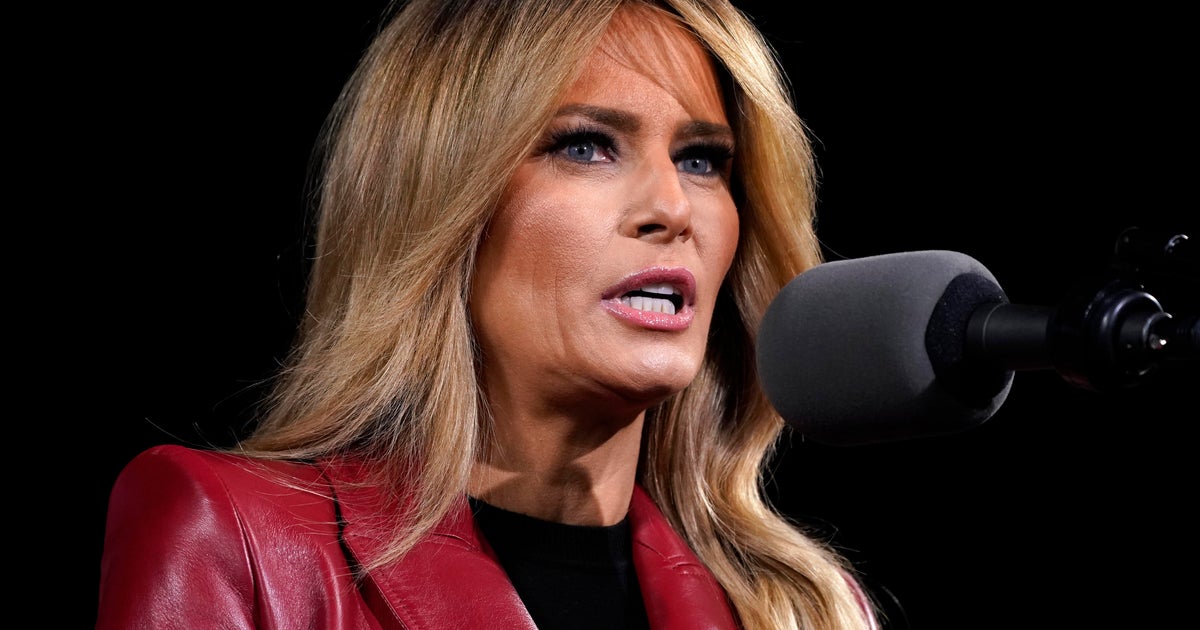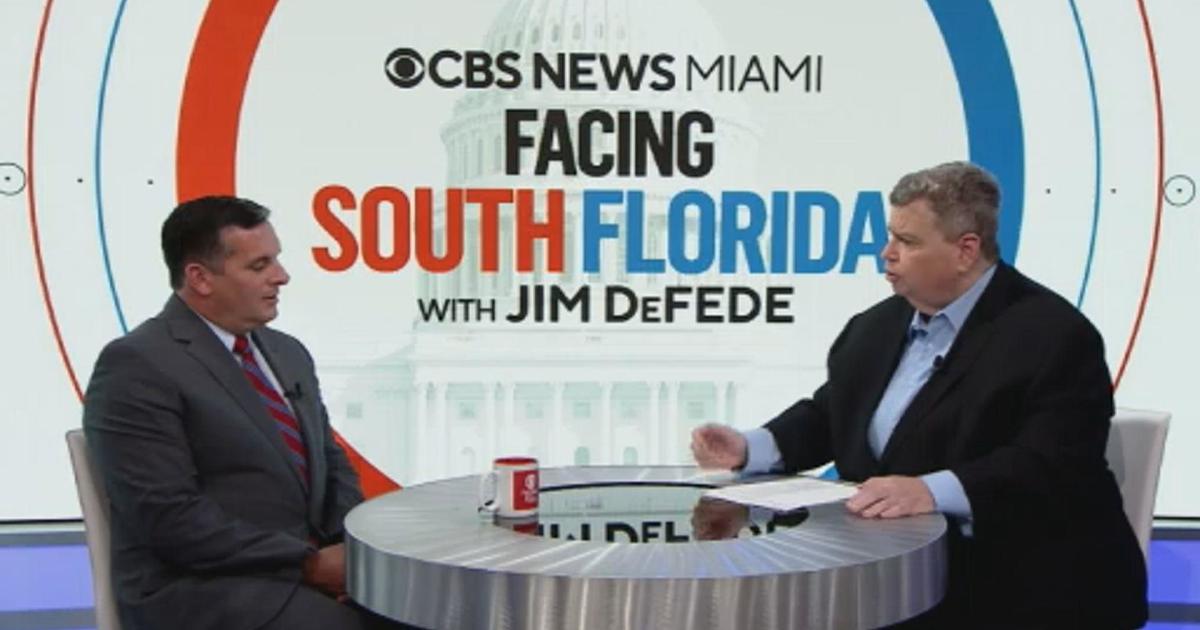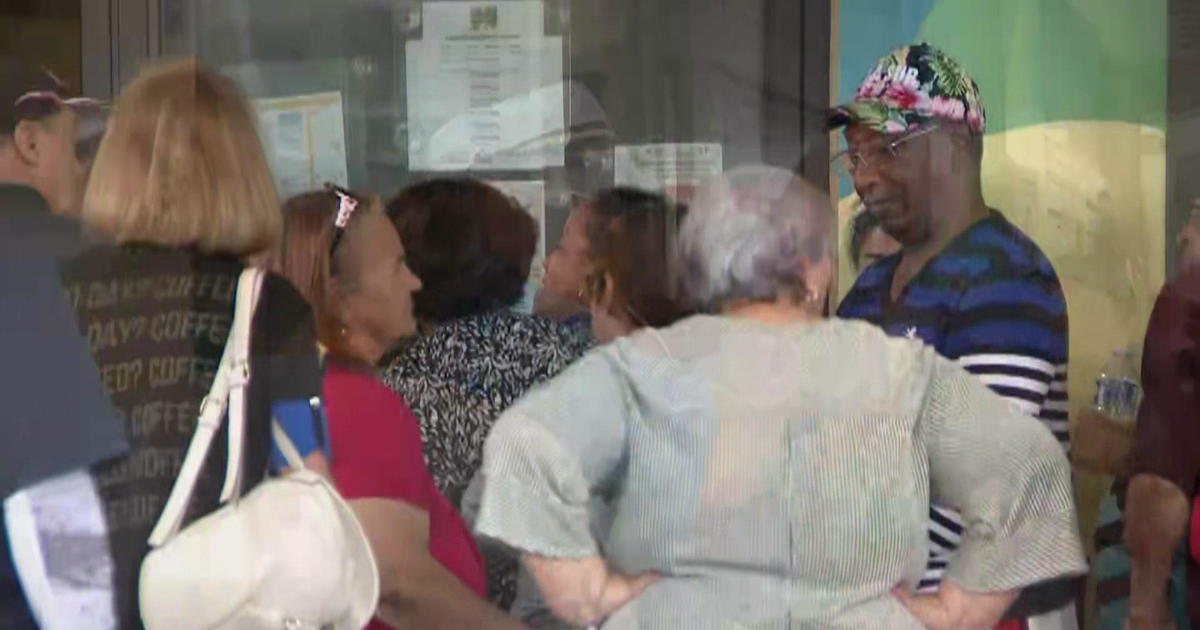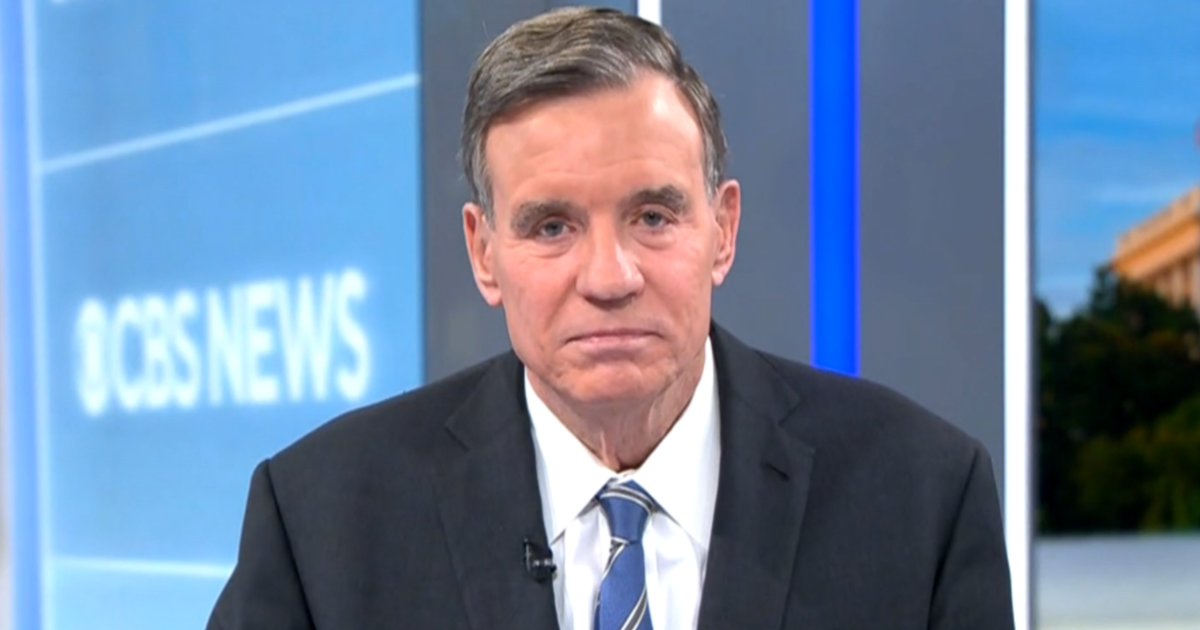Comey: Trump Is A Liar Who Can't Be Trusted
Follow CBSMIAMI.COM: Facebook | Twitter
WASHINGTON (CBSMiami) -Former FBI Director James Comey sat down before the Senate Intelligence Committee and testified about his interactions with President Donald Trump.
These were his first public remarks since President Trump abruptly fired him last month.
"The American people need to hear your side of the story, just as they need to hear the president's descriptions of events," said committee Chairman Richard Burr, R-NC at the outset of the hearing.
"This is not a witch hunt. This is not fake news. It is an effort to protect our country," said committee Vice Chairman Mark R. Warner, D-VA.
When asked by Democratic Sen. Dianne Feinstein why he believes he as fired, Comey said he couldn't know for sure.
"I take the president at his word that I was fired because of the Russia investigation," Comey said.
The president also told Russian diplomats the day after firing Comey that doing so relieved great pressure on him from the Russia investigation.
The White House's initial explanation for Comey's firing was his handling of the Clinton email investigation.
"That didn't make sense to me for a whole bunch of reasons," Comey said, saying the timing, months after the election, was confusing.
Related: "President Never Told Comey 'I Need Loyalty'": Trump Atty On Testimony
A day before the hearing, Comey released seven pages of his opening remarks in which he detailed his numerous, and apparently uncomfortable, interactions with the President.
One of the most notable came in February when Comey said the President cleared the Oval Office before pressuring him to drop the bureau's ongoing investigation of Gen. Michael Flynn, the administration's former national security adviser.
Comey wrote that Mr. Trump told him, "I hope you can see your way clear to letting this go, to letting Flynn go. He's a good guy."
"Director when the President requested that you let Flynn go, General Flynn had an unreported contact with the Russians which is an offense, and if press accounts are right, there might have been discrepancies between facts and his FBI testimony, in your estimation, was General Flynn at that time in serious legal jeopardy and in addition to that do you you sense the President was trying to obstruct justice or just seek for way for Flynn to save face given he had already been fired," asked Sen. Burr.
"General Flynn was, at that time, in legal jeopardy. There was an open FBI criminal investigation of his statement in connection with the Russian contacts and the contacts themselves and so that was my assessment at the time. I don't it is for me to say whether the conversation I had with the president was an effort to obstruct, I took it as a very disturbing thing, very concerning, but that is a conclusion I'm sure special counsel will work towards, to try to understand what the intention was there and if that is an offense."
The former director clarified that the President did not ask him to stop the bureau's investigation in possible meddling by Russia.
"Did any individual working for this investigation including the Justice Department ask you to stop the Russian investigation," asked Sen. Burr.
"No," replied Comey.
Comey said he was "stunned" by the White House conversation concerning Flynn.
Leading up to his firing last month, Comey has said that President Trump called him and described the Russia investigation as "a cloud that was impairing his ability to act on behalf of the country."
Comey said he personally reassured Mr. Trump that he was not under investigation. Comey's account also included demands for loyalty from the President.
Comey declined to discuss whether President Trump colluded with Russia during the 2016 election in an open setting.
"That's a question I don't think I should answer in an open setting," Comey said.
When asked about why Attorney General Jeff Sessions recused himself from the FBI's Russia investigation, Comey said he couldn't discuss the meeting in an open setting. The reason is "problematic," but can't be discussed in public, Comey said.
Sessions recusal left the Russia probe in the hands of Deputy Attorney General Rod Rosenstein. Rosenstein also ultimately recused himself. A special counsel was then appointed, former FBI Director Robert Mueller, to lead the probe.
Also brought up at the hearing was President Trump's tweet, the day after he fired Comey, that the director had better hope there weren't any tapes of their conversations.
"Release all the tapes," Comey said. "I'm good with it."
The White House has declined to say whether such tapes exist, or whether Mr. Trump regularly records conversations with people.
When asked about documenting his meetings with President Trump, Comey testified that he believes the President is a liar who could not be trusted to tell the truth.
Comey says he documented conversation with Trump because "I was honestly concerned that he might lie about the nature of our meeting."
When asked about the leak of his personal memos concerning the meetings with the President, Comey said there was an ulterior motive.
Comey said he told a "close friend" of his, a professor at Columbia law school, to share the "content" of his memo about the February 14 conversation with the President, in which Mr. Trump asked him to let the Flynn investigation go.
Comey said he hoped the leaking of the memo's contents would prompt the selection of a special prosecutor to oversee the FBI's Russia probe.
"I'm sure you were surprised. The idea not just that he initiated the leaks on the memos but that he did so for purposes of triggering a special prosecutor, I thought was perhaps, the most explosive portion of the hearing," Sen. Marco Rubio said. "I was quite frankly impressed by his honesty. That's the first time I've ever seen a witness come before Congress and admit that they leaked something."



